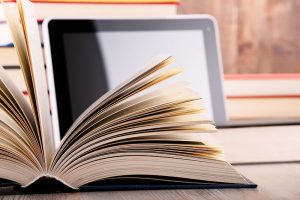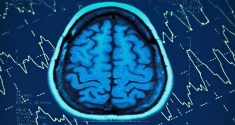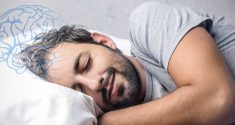While many once went to bed with a book, now numerous people instead fall asleep reading an iPad or other device. This may have negative effects on sleep.
Tablets have become a central part of Western life. We watch television shows and movies on them, complete schoolwork on them and even use them to manage our social lives via Facebook and similar sites. In addition, many people use iPads and other tablets as reading devices. There are clear benefits; people can read news and novels without clutter and access their favorite reading materials immediately. However, there may be drawbacks to using devices instead of traditional paper books at night.
iPads, Books and Sleep
In a recent study, volunteers alternated reading from an iPad and reading a traditional book in the half hour before they went to sleep. Other variables were controlled and they kept regular evening and morning routines. EEGs and sleep wave activity were recorded every night as they slumbered. Researchers predicted that those who read from devices would take longer to fall asleep, but this surprisingly was not true. People fell asleep just as quickly regardless of whether they read from a book or an iPad. However, there were many differences in how these two groups slept.
The most remarkable difference between the two groups was in their slow wave sleep. People who read from an iPad took longer to enter into slow wave sleep and overall showed less of this brain activity. They also felt sleepier the next day. The slow wave phase is when much of the restorative and restful events of sleep occur. Reducing the amount of slow wave sleep will leave people feeling less rested even after a full night of sleep, so these results were concerning to researchers.
Artificial Light and Your Circadian Rhythm

The blue light from electronic devices affects our circadian rhythm and our health in a variety of ways. This is because blue light is a potent suppressor of melatonin, the main hormone governing sleep. People who do not make as much melatonin will simply not get as much high-quality sleep as those who do.
Darkness and Melatonin: The Latest Sleep Medication?
Choosing a book instead of an iPad is a good decision for those who struggle with restful sleep, but there are other lifestyle measures that can help you get the rest you need. Reducing light exposure in the evening may be a potential treatment for people who suffer from sleep disorders. In addition, taking melatonin supplements can help to make up for the reduced production of this hormone when light exposure can’t be avoided.
Technology is both a blessing and a curse in so many ways. Although it makes our lives more convenient and easier, it also affects our circadian rhythm and our health in ways we are just beginning to recognize. While there is a place in modern life for iPads and other technologies, you will sleep better if you instead choose an old-fashioned book at night.






